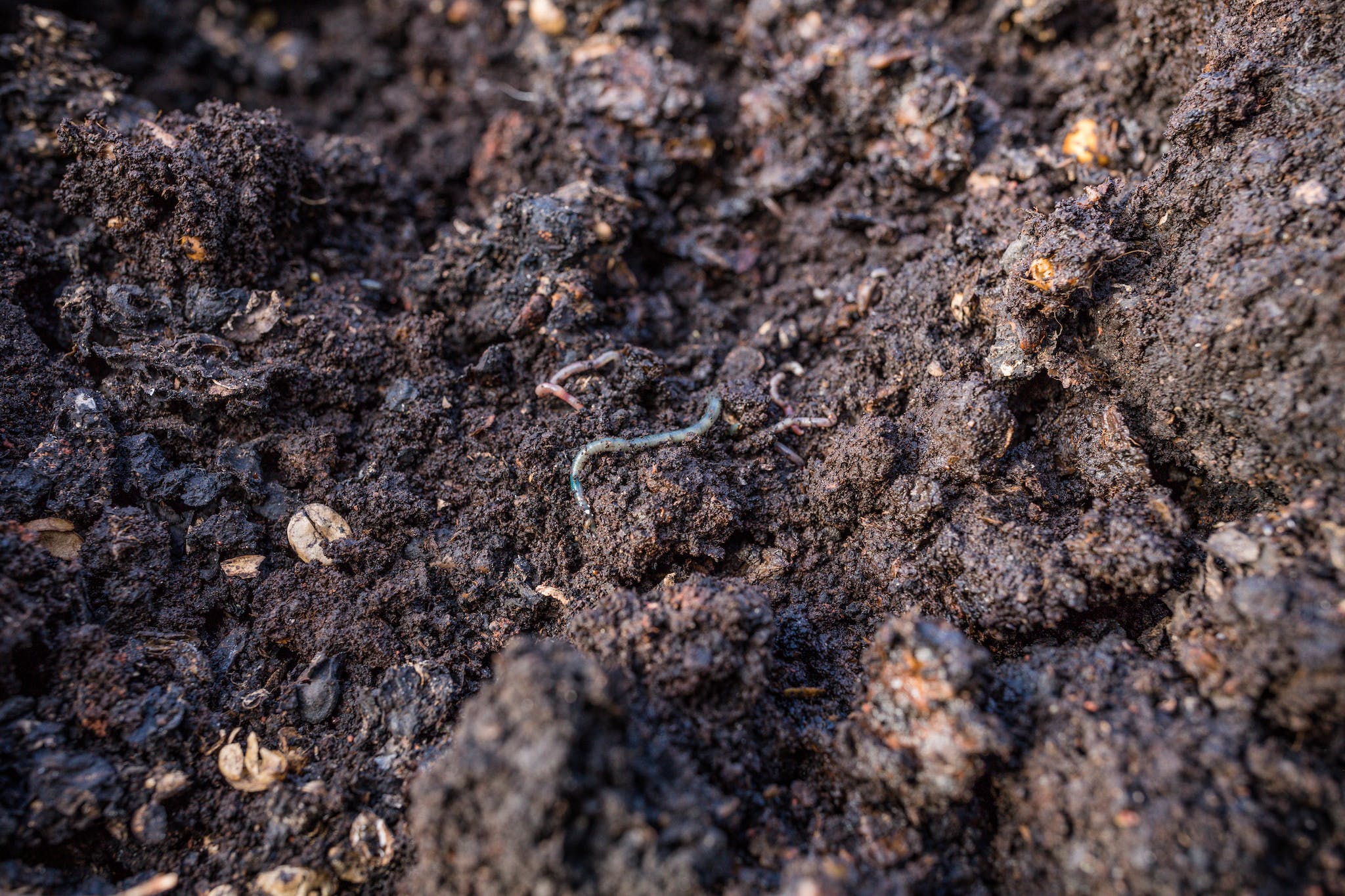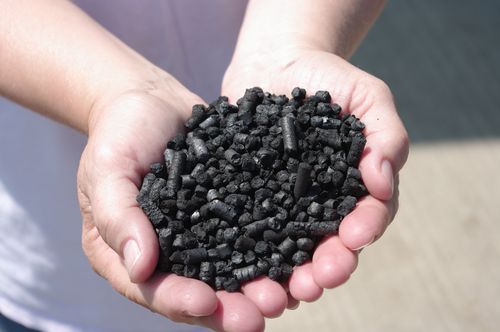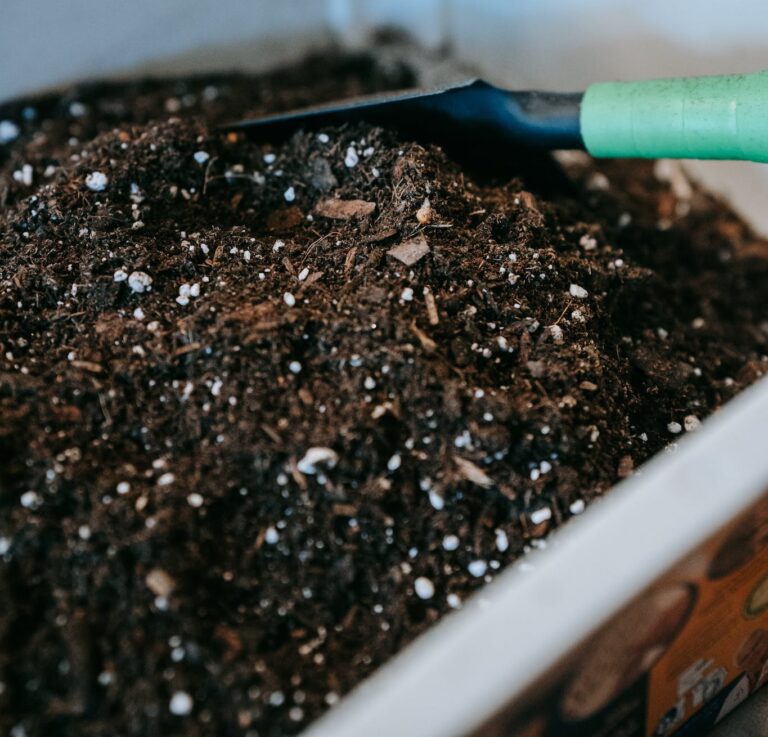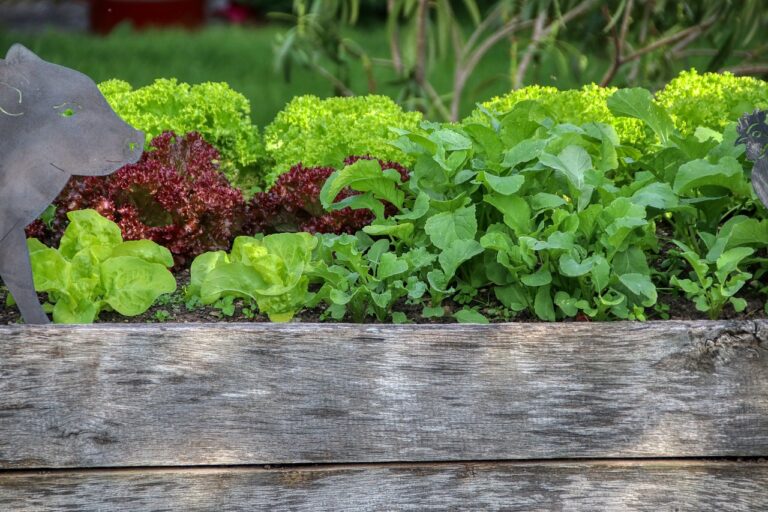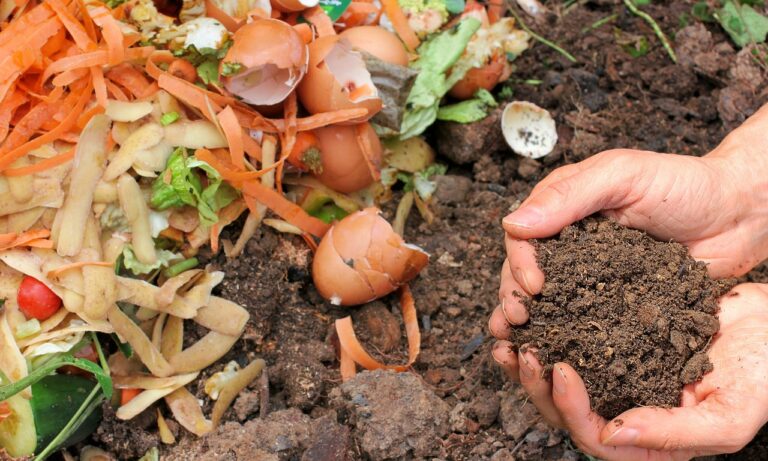Compost worms, also known as red wigglers or Eisenia fetida, play a crucial role in the composting process and gardening ecosystem.
Their ability to break down organic matter efficiently and convert it into nutrient-rich compost makes them valuable allies for both seasoned gardeners and beginners.
When acquiring compost worms, individuals can choose to purchase them online, in physical stores, or locally, each with its advantages and considerations. Online platforms offer convenience and variety but require careful selection of reputable sources like Uncle Jim’s Worm Farm or Brothers Worm Farm. In-store purchases provide immediate access and freshness, often found in gardening centers, hardware stores, or pet shops. Local buying supports community businesses and reduces environmental impact, requiring research and referrals to find nearby worm farms or sellers. Regardless of the source, proper care and consideration for the worms’ environment are crucial for successful vermicomposting and gardening outcomes.
In this article, I will explore the benefits of compost worms, offer tips on choosing and caring for them, and guide you on where to buy them—online, in stores, or locally.
Benefits of Compost Worms
Compost worms enhance the composting process by accelerating decomposition and producing nutrient-rich vermicompost, which enriches the soil and promotes plant growth. They also help control pests, aerate the soil, and create a healthier environment for plants.
- Accelerated Decomposition: Compost worms are expert decomposers, rapidly breaking down organic matter into smaller particles. Their voracious appetite and efficient digestive systems transform kitchen scraps, yard waste, and other organic materials into compost much faster than traditional composting methods. This speedy decomposition process not only reduces the time required for composting but also minimizes unpleasant odors associated with decaying organic matter.
- Nutrient-Rich Vermicompost: One of the primary advantages of utilizing compost worms is the production of nutrient-rich vermicompost. This dark, crumbly substance is a potent organic fertilizer that surpasses traditional compost in nutrient concentration. Vermicompost is teeming with beneficial microorganisms, enzymes, and essential nutrients like nitrogen, phosphorus, and potassium. When incorporated into the soil, it acts as a natural, slow-release fertilizer, promoting robust plant growth and overall soil health.
- Plant Growth Promotion: The nutrient profile of vermicompost directly contributes to improved plant health and growth. The organic matter and microorganisms present in vermicompost enhance soil structure, water retention, and nutrient availability for plants. As a result, plants cultivated in vermicompost-enriched soil exhibit increased resilience to diseases, better root development, and higher yields. Compost worms essentially play a crucial role in creating a thriving ecosystem that supports optimal plant growth.
- Pest Control: Compost worms indirectly contribute to pest control by fostering a balanced and diverse soil ecosystem. The presence of beneficial microorganisms and the decomposition of organic matter deter harmful pests and pathogens. Additionally, the vermicompost produced by the worms contains substances that repel certain pests, acting as a natural deterrent. This eco-friendly approach to pest management reduces the need for synthetic pesticides, promoting a healthier and more sustainable gardening practice.
- Soil Aeration: As compost worms move through the soil, they create a network of channels and burrows. This activity enhances soil aeration by improving its structure and increasing porosity. Well-aerated soil allows for better water drainage, root penetration, and nutrient absorption by plant roots. The improved oxygen exchange in the soil also facilitates the growth of aerobic microorganisms, contributing to a more balanced and thriving soil ecosystem.
- Environmental Health: Compost worms play a vital role in maintaining the overall health of the environment. By diverting organic waste from landfills, where it would contribute to methane production, vermicomposting with compost worms reduces greenhouse gas emissions. This environmentally friendly practice aligns with sustainable waste management principles, making composting with worms a valuable tool in promoting a greener and more ecologically balanced world.
Choosing and Caring for Compost Worms
- Species Selection: When embarking on vermicomposting, the first crucial decision is selecting the right species of compost worms. Red wigglers (Eisenia fetida) are often the preferred choice for their exceptional ability to consume large amounts of organic waste, adaptability to various environments, and efficient reproduction. Their voracious appetite ensures a steady breakdown of organic matter, making them well-suited for home composting systems.
- Quantity Considerations: The quantity of compost worms needed depends on the size of your composting project. Red wigglers reproduce rapidly, and a small initial population can quickly multiply under favorable conditions. As a general guideline, start with approximately one pound of worms for every square foot of composting surface. This ensures a balanced population that can effectively process the organic waste generated.
- Environmental Factors: Creating an optimal environment for compost worms is essential for their well-being and productivity. Provide suitable bedding materials, such as shredded newspaper or coconut coir, to create a comfortable habitat. Maintain the moisture level between 75% and 85% to prevent dehydration or waterlogging. Adequate aeration is achieved by regularly turning or fluffing the bedding to prevent compaction and ensure oxygen reaches the worms. Monitoring and adjusting these environmental factors contribute to a thriving worm population.
- Bedding Material: The choice of bedding material is critical for creating a conducive environment for compost worms. Shredded newspaper, cardboard, or coconut coir are popular choices, providing both structure and moisture retention. Avoid materials with inks or dyes that may be harmful to the worms. The bedding should be fluffy and well-aerated, providing a comfortable home for the worms and promoting microbial activity.
- Moisture Management: Maintaining the right level of moisture is crucial for the health of compost worms. Too much moisture can lead to anaerobic conditions and foul odors, while insufficient moisture can result in dehydration. Regularly monitor the moisture content by squeezing a handful of bedding – it should feel like a wrung-out sponge. Sprinkle water when needed, and consider covering the bedding with a damp cloth to retain moisture, especially in dry climates.
- Adequate Aeration: Compost worms thrive in well-aerated environments. Periodically fluff the bedding to prevent compaction and create air pockets within the composting material. This ensures a continuous supply of oxygen to the worms and promotes the activity of beneficial aerobic microorganisms. Proper aeration also prevents the buildup of undesirable anaerobic conditions, contributing to a healthier and more efficient vermicomposting system.
- Temperature Considerations: Compost worms have specific temperature preferences for optimal activity. Red wigglers thrive in temperatures between 55°F and 77°F (13°C to 25°C). It’s essential to place the vermicomposting system in a location that remains within this temperature range to maximize worm activity and reproduction. In colder climates, insulating the composting bin or moving it indoors during winter can help maintain a suitable temperature for the worms.
Where to Buy Compost Worms Online
When seeking to purchase compost worms online, it’s essential to navigate through the myriad of options available. Here’s a comprehensive guide to help you make informed choices and maximize the benefits of online shopping for these valuable garden companions.
Advantages and Disadvantages
Convenience: Online purchases provide the convenience of shopping from the comfort of your home, saving time and effort compared to visiting physical stores.
Variety: Online platforms offer a diverse range of compost worm options, allowing you to select the species and quantity that best suit your composting needs.
Quality: While reputable online sources ensure the delivery of healthy and active worms, the quality may vary based on the supplier. Checking customer reviews becomes crucial to assess the experiences of previous buyers.
Shipping: The convenience of doorstep delivery is a significant advantage, but it’s essential to consider shipping costs, delivery times, and the packaging method to ensure the worms arrive in optimal condition.
Cost: Online purchases may offer competitive pricing, but it’s important to factor in shipping costs and compare them with local alternatives to determine the overall cost-effectiveness.
Reputable Online Sources
- Uncle Jim’s Worm Farm: Renowned for its commitment to providing healthy and thriving compost worms, Uncle Jim’s Worm Farm has established itself as a trusted source in the vermicomposting community.
- Brothers Worm Farm: This online supplier prides itself on offering a variety of compost worms along with comprehensive guidance on vermicomposting, making it an excellent resource for both beginners and experienced composters.
- Subpod: Known for its innovative approach to composting, Subpod not only provides compost worms but also offers sustainable solutions such as in-ground composting systems.
Tips for Ordering Online:
Check Reviews: Before making a purchase, thoroughly review customer feedback on the chosen online platform. Real experiences from other buyers can provide valuable insights into the reliability and quality of the supplier.
Choose the Right Quantity and Species: Consider the size of your composting project and the specific needs of your environment. Ensure you select the appropriate quantity of worms and the right species, such as red wigglers, for optimal composting efficiency.
Inspect Upon Arrival: Upon receiving your order, inspect the condition of the worms. Healthy compost worms should be active, moist, and exhibit a characteristic wriggling motion. Any concerns about their condition should be promptly addressed with the supplier.
Navigating the online marketplace for compost worms offers unparalleled convenience and accessibility. By being mindful of the advantages, potential drawbacks, reputable sources, and essential ordering tips, you can make informed decisions that set the stage for a successful vermicomposting venture.
Where to Buy Compost Worms in Stores
When considering in-store purchases of compost worms, there are specific advantages and considerations to keep in mind. Exploring local establishments can offer unique benefits, but being informed about potential drawbacks and how to navigate them is crucial for a successful transaction.
Advantages and Disadvantages:
Availability: In-store purchases provide immediate access to compost worms, eliminating the wait associated with online deliveries. This is particularly advantageous for those who prefer a hands-on approach to selecting their worms.
Freshness: Worms obtained in-store are typically fresh and can be assessed directly for signs of health and vitality. This ensures that you receive active and lively worms for your composting project.
Selection: The selection of compost worms may be limited compared to online options. However, you can choose from the available stock, and store staff may offer advice based on your specific needs.
Price: In-store prices may vary, and while there might be the absence of shipping costs, it’s essential to compare the overall cost with online and local alternatives.
Common Types of Stores:
- Gardening Centers: Specialized gardening centers often carry compost worms, catering to the needs of avid gardeners and composting enthusiasts.
- Hardware Stores: Some hardware stores, especially those with a gardening or outdoor section, may stock compost worms as part of their gardening supplies.
- Pet Shops: Certain pet shops, particularly those focusing on reptiles or fishing, may offer compost worms as live bait, making them a potential source for your vermicomposting needs.
Tips for Finding and Purchasing In Stores:
Call Ahead: Before heading to a store, call ahead to confirm the availability of compost worms. This ensures that your trip is worthwhile and that the store has the specific worms you need.
Ask for Advice: In-store staff, especially at gardening centers, are often knowledgeable about composting and can provide valuable advice on choosing the right worms and caring for them.
Check Worm Health: When selecting worms in-store, visually inspect them for signs of health. Healthy worms should be active, moist, and exhibit characteristic movements. Avoid purchasing worms that appear lethargic or unhealthy.
Navigating in-store options for compost worms offers immediacy and the chance to personally assess the condition of the worms. By being aware of the advantages and potential limitations, exploring common types of stores, and following practical tips for in-store purchases, you can make a well-informed decision that aligns with your vermicomposting goals.
Where to Buy Compost Worms Locally
When considering local sources for compost worms, various advantages and considerations come into play. Opting for local purchases supports community businesses, provides a personalized touch to your transaction, and contributes to environmental sustainability. Here’s a detailed exploration of the factors to keep in mind when seeking compost worms locally.
Advantages and Disadvantages:
Supporting Local Businesses:
- Advantage: Purchasing compost worms locally contributes to supporting nearby businesses, fostering community growth and sustainability.
- Consideration: While supporting local businesses is advantageous, the selection and availability of compost worms may be more limited compared to larger online retailers.
Personal Service:
- Advantage: Local sellers often offer personalized service, sharing their expertise on vermicomposting and helping you select the most suitable worms for your needs.
- Consideration: Depending on the seller, the level of expertise and guidance may vary. It’s essential to choose sellers with a good reputation for customer service.
Reducing Environmental Impact:
- Advantage: Local purchases generally involve shorter transportation distances, reducing the carbon footprint associated with shipping. This aligns with environmentally conscious practices.
- Consideration: Depending on the locality, finding specific compost worm species may be challenging, potentially limiting options for your vermicomposting project.
Possible Sources:
- Online Marketplaces:
- Some local sellers may list their compost worms on online marketplaces, providing a convenient way to connect with nearby suppliers.
- Bait Shops and Fishing Stores:
- These establishments often carry live bait, including compost worms, catering to fishing enthusiasts. Inquiring about their availability for vermicomposting purposes can yield positive results.
- Worm Farms:
- Local worm farms are dedicated to producing compost worms and related products. Connecting with these farms directly ensures a reliable source of healthy worms.
Tips for Connecting with Local Sellers:
Research:
- Conduct thorough research to identify local sellers or businesses that offer compost worms. Local gardening forums, community bulletin boards, or social media groups may provide valuable leads.
Ask for Referrals:
- Seek recommendations from fellow gardeners or composting enthusiasts. Referrals from individuals who have had positive experiences can guide you to reputable local sellers.
Negotiate Price and Delivery:
- Engage in open communication with local sellers to negotiate prices based on quantity and delivery arrangements. Some sellers may offer discounts for larger purchases or provide delivery options for added convenience.
Opting for local sources not only ensures immediacy but also fosters community connections and supports sustainability. By understanding the advantages and considerations, exploring potential sources, and following practical tips for connecting with local sellers, you can enhance your vermicomposting journey while contributing to the local ecosystem.
Local Worm Farms/Sellers in the USA
Conclusion
In summary, I have provided insights into where to buy compost worms and emphasized the benefits they bring to composting and gardening. Whether choosing the online, in-store, or local route, the key is to prioritize the well-being of the worms and the positive impact they have on sustainable gardening practices.
